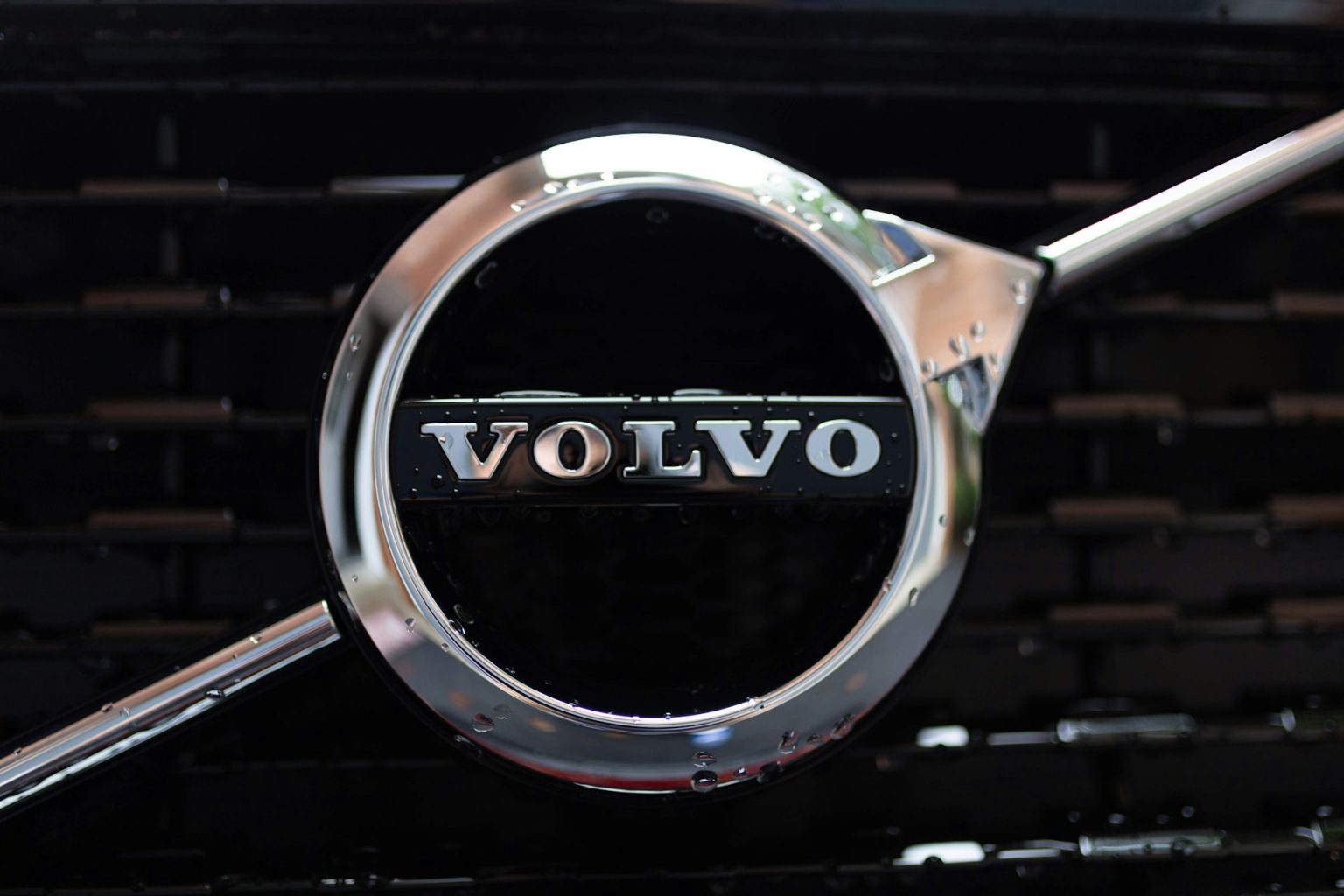Volvo initially planned to sell only fully electric cars and plug-in hybrids by 2030. However, it now seems that target was overly ambitious.
The Swedish-Chinese automaker Volvo announced on September 4, 2024, that it will continue to sell internal combustion engine vehicles even after 2030. While the company still aims for 90 to 100 percent of its sales to come from fully electric cars or plug-in hybrids by the end of the decade, the remaining zero to ten percent will be covered by mild-hybrid models, if necessary.
Volvo cited several reasons for this adjustment, including the slower-than-expected expansion of charging infrastructure, the removal of government incentives for electric vehicle purchases in some markets, and additional uncertainties created by tariffs on electric vehicles manufactured in China. “Given these factors, Volvo Cars still sees the need for stronger and more stable government policies to support the transition to electrification,” the company stated.
The Future Remains Electric
Despite these “strategic adjustments,” Volvo emphasized that it remains committed to its electric vehicle strategy, ensuring it has “a flexible plan that aligns with customer demands and allows the company to continue generating value.”
Volvo CEO Jim Rowan reaffirmed this stance, saying, “We are firmly convinced that our future is electric.” He further noted that electric vehicles provide “an unparalleled driving experience and open the door to advanced technologies that enhance the overall customer experience.” However, he acknowledged that “the transition to electrification will not be linear, and customers and markets will evolve at different speeds.”
Currently, Volvo offers four fully electric models: the C40 (EC40), XC40 (EX40), EX30, and EX90, with the EM90 already announced. In the first seven months of this year, 9,512 fully electric Volvos were newly registered in Germany, with more than 6,000 of them being the EX30. The first deliveries of the high-end EX90 SUV are scheduled for this month.


